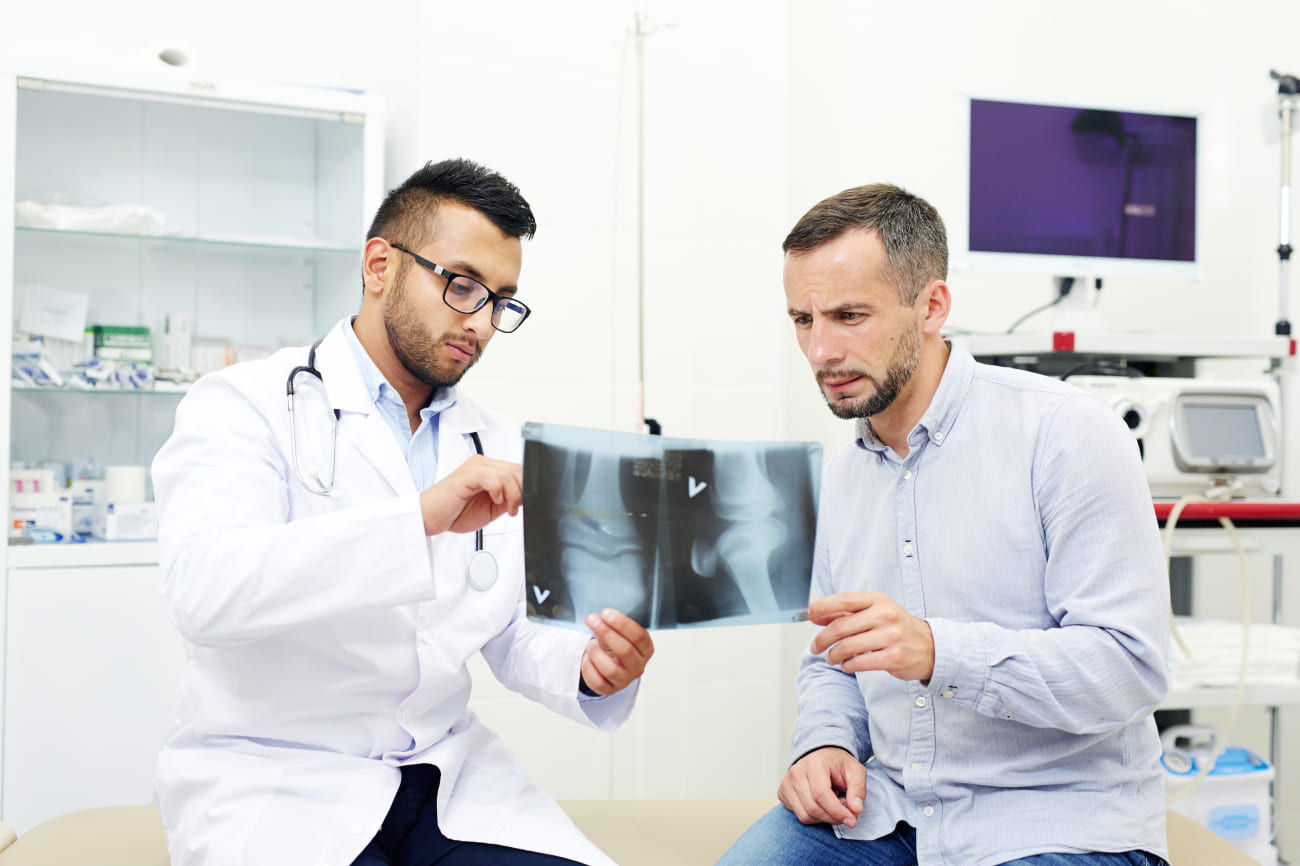Everything You Need to Know About Bone Density Tests

Bone density tests might not be a topic you often consider, but they are crucial in maintaining your skeletal health, especially as you age. If you've ever wondered why these tests are essential, how they work, or when you should consider getting one, you're in the right place. We’re covering everything you need to know about bone density tests in a conversational and informative way.
-
What is a Bone Density Test?
A bone density test, also known as a DEXA (dual-energy x-ray absorptiometry) scan, is a medical procedure that measures the density of minerals (such as calcium) in your bones. This test helps determine your bone strength and the likelihood of fractures. Essentially, it assesses how strong your bones are.
Think of your bones as the framework that supports your body. Over time, this framework can become weak, leading to conditions like osteoporosis. A bone density test can catch these changes early, helping you take preventative steps.
-
Why is it Important?
So, why should you care about bone density? Well, healthy bones are crucial for your overall well-being. Weak bones can lead to fractures, significantly impacting your mobility and quality of life. Osteoporosis, characterized by weak and brittle bones, is often called a "silent disease" because it progresses without symptoms until a fracture occurs.
Regular bone density tests can help detect osteoporosis before a bone fracture, allowing for early intervention and treatment. This can prevent potential pain and complications down the road.
-
How Does the Test Work?
The test is quick, non-invasive, and painless—no needles involved! During the procedure, you’ll lie on a padded table while a machine passes over your body. It uses low-dose X-rays to measure the amount of minerals in your bones. The test usually focuses on the hip, spine, and sometimes the forearm, as these areas are most prone to fractures.
Results are given in the form of T-scores:
-
A T-score of -1.0 or above Normal bone density.
-
A T-score between -1.0 and -2.5: Low bone density (osteopenia), a precursor to osteoporosis.
-
A T-score of -2.5 or below: Osteoporosis.
-
-
Who Should Get Tested?
Bone density tests are not just for older adults. While age is a significant risk factor, other factors can also make you a candidate for testing, such as:
Post-menopausal women: Due to lower estrogen levels, which can lead to bone loss.
Men over 50: Osteoporosis affects men, too, though it’s more common in women.
Family history: If osteoporosis runs in your family, you might be at higher risk.
Certain medications: Long-term use of steroids and other medications can weaken bones.
Medical conditions: Rheumatoid arthritis or chronic kidney disease can impact bone health.
-
Preparing for the Test
Preparing for a bone density test requires minimal effort. You might be advised to avoid calcium supplements for 24 hours before the test. Wear comfortable clothing, preferably without metal zippers or buttons. That's it!
-
What Happens After the Test?
Once you have your results, your healthcare provider will discuss them with you. If your T-score indicates low bone density or osteoporosis, don’t panic. There are several ways to manage and treat it, including:
-
Medications: Prescribed to slow bone loss and increase bone strength.
-
Lifestyle changes: Incorporating a diet rich in calcium and vitamin D, regular weight-bearing exercises, and avoiding smoking and excessive alcohol.
-
Bone density tests are a simple, effective way to keep tabs on bone health. You can proactively maintain strong, healthy bones by catching issues early. Whether you're concerned about osteoporosis or just want to stay on top of your health, consider talking to your healthcare provider about scheduling a bone density test. Remember, caring for your bones today can lead to a healthier, more active tomorrow!
